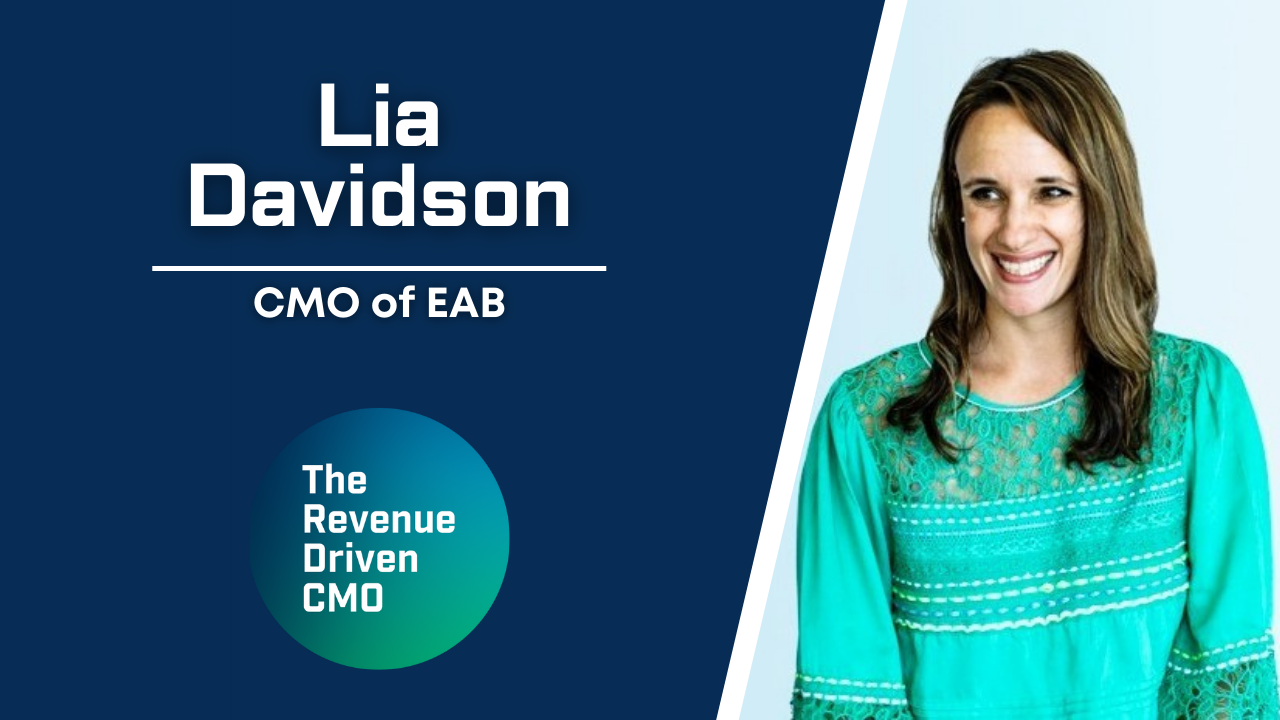
The collision of data and creative
“We’re so busy measuring public opinion, we forget that we can mold it. We’re so busy listening to statistics, we forget we can create them.”
What a refreshing perspective in the era of data! A creatively empowered voice who keenly understands the power of influence. And that forward-thinking visionary? None other than Bill Bernbach, one of the founders of legendary agency Dale, Dane, Bernbach (you may know them as DDB). It could easily have been spoken in the halls of a modern agency, but he said it in the 1960s.
So why do we as creatives still struggle with the thought of measurable data influencing our work? In a sense, it could possibly be hubris. How could our ideas be wrong with all those awards on our desks? Awards aside, every good creative knows deep in their heart that the best work is the work that sells. Or maybe it’s just that we’ve relied on our own ideas for so long that it feels unnatural to look to something so scientific to inform what we’ve been told is “art.”
I mentioned it in an earlier blog post, but it bears repeating: As creatives, we inform our work with data at every turn. The company’s business problem to solve, the previous performance (good or bad), or the audience we seek to influence are all data points. Perhaps the struggle is in how data is presented.
Looking at a piece of work that garnered a 15% lift in conversions delights executives and analysts alike, but if you (the creative director) asked what caused the lift, you may be met with confused stares.
“Why the lift?” asks the creative director. “ … Because… The new creative,” answers the analyst.
“But what PART of the work?” barks the frustrated creator, to which the analyst retorts, “I dunno… just… the creative.”
Since measurement has become so important, we need to establish strong KPIs for creative. Else, we run the risk of not being able to quantify the change or repeat the success. Recently, we had to fix a client shopping process. “Hey, why not just remove all this extra detail at the bottom of the cart (proof the client believed they needed) and treat this like a standard shopping experience?” We did. It killed.
The point is that this choice was not driven by some brilliant design inspiration, color upgrade, or new visual stimulus. It was rooted in the idea that when people shop, they shop a certain way online; get the design elements the heck out of their way. We know this because we have plenty of data to prove it. And it wasn’t proven by some vague spreadsheet of numbers. We asked people how they shopped online. And they told us. And we listened.
Data doesn’t have to be the enemy of the creative idea. In fact, the better the data, the better the idea. The better the idea, the greater the chance that our work succeeds in a very crowded and busy marketplace.
So I’d like to propose an amended quote, better aligned with the more modern data-driven creative world:
“We’re so busy measuring public opinion,
we forgetthat we can mold it with immense accuracy if we apply data early.We’re so busyIf we’re smart in how we listeningto statistics,we forgetwe can create better ideas to influence our audiencethem.
Most newsletters suck...
So while we technically have to call this a daily newsletter so people know what it is, it's anything but.
You won't find any 'industry standards' or 'guru best practices' here - only the real stuff that actually moves the needle.






